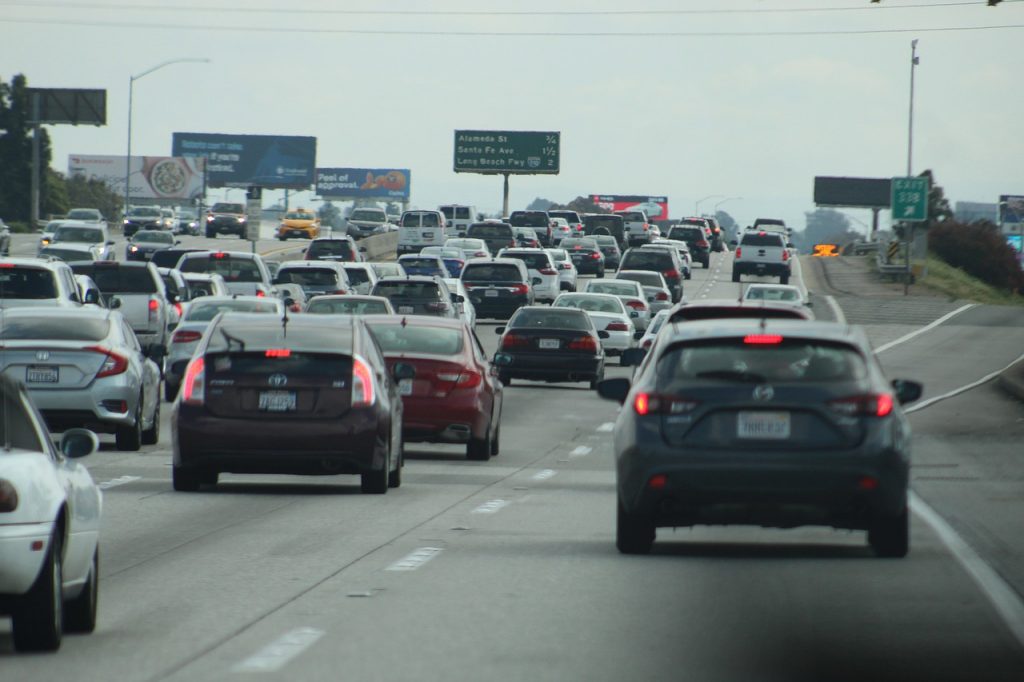California Will No Longer Sell Gas-Powered Cars
California just took a major step forward in the fight against climate change. Gas-powered cars will soon be completely outlawed there.
This article is more than 2 years old

California is making a bold statement in regards to where it stands in relation to its commitment to be a part of the global transition to electric vehicles. The state has asserted its intentions to completely ban the sale of new gas-powered cars by the year 2035. This is a maneuver that could serve as a beacon for other states to follow in its stead.
Details pertaining to California’s all-out ban of gas-powered cars are expected to be more clearly outlined in the coming days. However, available information suggests that the phase-out of gas-powered cars will occur in stages. The California Air Resources Board asserted that by 2026 it is aiming for 35% of all newly purchased passenger cars to produce zero emissions. It intends to nearly double that figure to 68% by 2030. The agency’s target year of 2035 would elevate that requirement to 100%.
California’s bold endeavor to effectively oust all gas-powered cars in the state is significant for various reasons. For starters, it would make California the first state in the US to implement such a policy. This sends the message that transitioning to clean energy is becoming a clearer reality. Second, with California’s pioneering action, other forward-thinking states will surely follow. According to The New York Times, many other states look to California when setting their own emissions laws and it’s likely that as many as 12 states will follow California’s lead and move to eradicate gas-powered cars. “The climate crisis is solvable if we focus on the big, bold steps necessary to stem the tide of carbon pollution,” said California governor Gavin Newsom.
All that said, while California’s move to outlaw gas-powered cars in the state is a big step in the fight to reduce environment-impacting emissions there is still a long way to go. For starters, despite the increasing adoption of electric cars, there has been a lot of pushback, and the reasons why vary from individual to individual. Second, the charging infrastructure in the United States is absolutely pitiful. The infrastructure will have to be vastly expanded to make owning an electric vehicle practical for residents who live outside of major metro areas. However, President Biden’s recent climate bill aims to address this deficit.
Moreover, electric cars are still very expensive, making them financially unattainable to a large number of people. Prices need to bottom out to where the cheapest gas-powered cars currently sit for those with tight budgets to even consider taking a look at them. Then of course there are problems with battery performance in super hot or cold climates. Lastly, there is the issue with the lithium in the batteries used to power electric cars. The lithium used in making EV batteries is obtained by mining for it. Mining for lithium also has many adverse environmental impacts. This is a problem that needs to be addressed sooner rather than later. Thankfully, there are active initiatives taking place that are looking into lithium-based battery alternatives.
Overall, the road to transitioning to clean energy is going to be a bumpy one with many obstacles to overcome along the way. However, it is nice to see that the United States is taking a more active and visible role in living up to its climate-saving commitments. It’s going to be a long haul in the fight to give up national dependence on gas-powered cars and transportation, but hopefully, in the end, the Earth will be better for it. And honestly, if ultimately individuals are left with healthier air and a cleaner Earth isn’t that a good thing?








